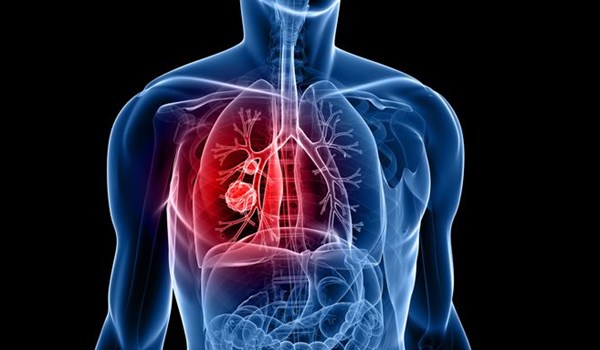
Iranian Scientists Produce Magnetic Nano-Fibers

"Lung cancer is one of the most deadly types of cancers in the world. The drugs
to treat this type of cancer have a low half-life time which decreases their
effectiveness and their consumption in high dozes will have more side effects,"
Dr. Mohammad Irani, one of the researchers at Amir Kabir University, said on
Saturday.
He noted that releasing the drug at a low speed in tumorous cells will increase
its effectiveness and decrease its side effects, and said, "Using the magnetic
and anti-bacterial nano-fibers which are sensitive to pH in this plan can help
materialization of this goal."
Dr. Irani explained that 80% of A549 cancerous cells died within four years in
patients after using the magnetic nano-fibers to release drugs in the tumors.
In a relevant development in April, Iranian experts at Sharif University of
Technology designed and manufactured a machine which is able to find and
separate circulating tumor cells (CTCs) in the blood of cancer patients.
"If the machine is put on a rotary system, the blood sample will flow into the
machine using a centrifugal force without any need to external pumping," Hamid
Shamlou, one of the Iranian scientists working on the project, told FNA.
"Finally and after two phases of separation by the magnetic field and
centrifuge, the target cells will be separated from the other cells existing in
the blood," he added.
Circulating tumor cells (CTCs) are cells that have shed into the vasculature or lymphatics from
a primary tumor and are carried around the body in the circulation. CTCs thus
constitute seeds for the subsequent growth of additional tumors (metastases) in
vital distant organs, triggering a mechanism that is responsible for the vast
majority of cancer-related deaths. CTCs also have the potential to provide a
mechanism for early patient prognoses and to determine appropriate tailored
treatments.
Iran has taken wide strides in science and technology, particularly in medical
and medicinal fields, in recent years.
The country has already mass-produced Doxorubicin - a non-carcinogenic drug -
used in lung and breast cancer cases and made based on nano-liposomes technique.
The drug with higher efficiency needs lower times for use and naturally lessens
side effects, including vascular and heart complications.
Iran has also produced two other non-carcinogenic medicines Paclitaxel for
breast and ovarian cancer and oxaliplatin for colon cancer.
Iran is among the very few countries which have developed a remedy for the most
fearsome disease in the human community, known as AIDS. In 2007, Iranian
scientists found a safe and effective cure for the dreaded virus, AIDS. This
medicine made up of herbal and chemical components works to build immunity and
enhance the quality of life of both AIDS and HIV-positive patients with no
proven side effects.
Source: FNA















